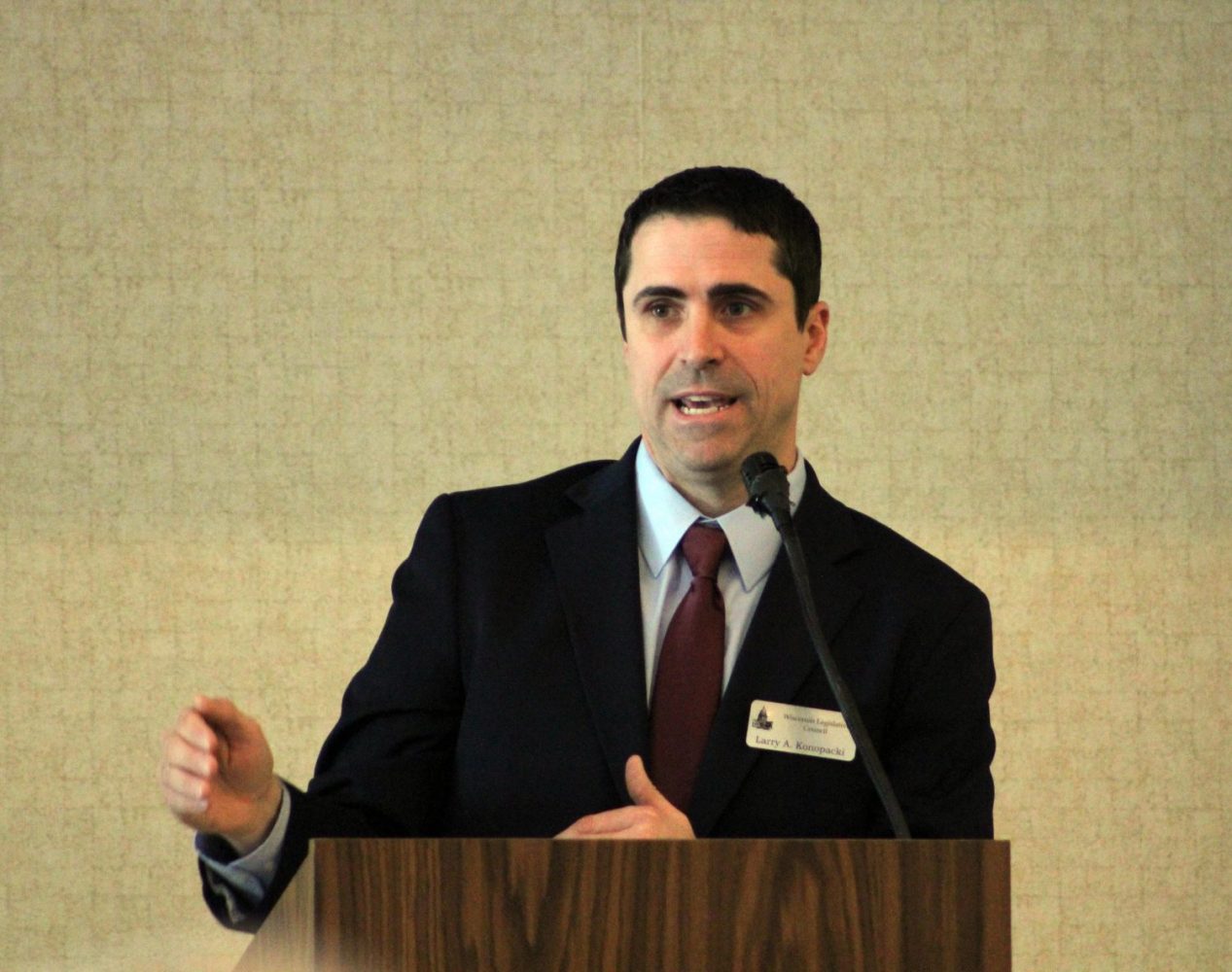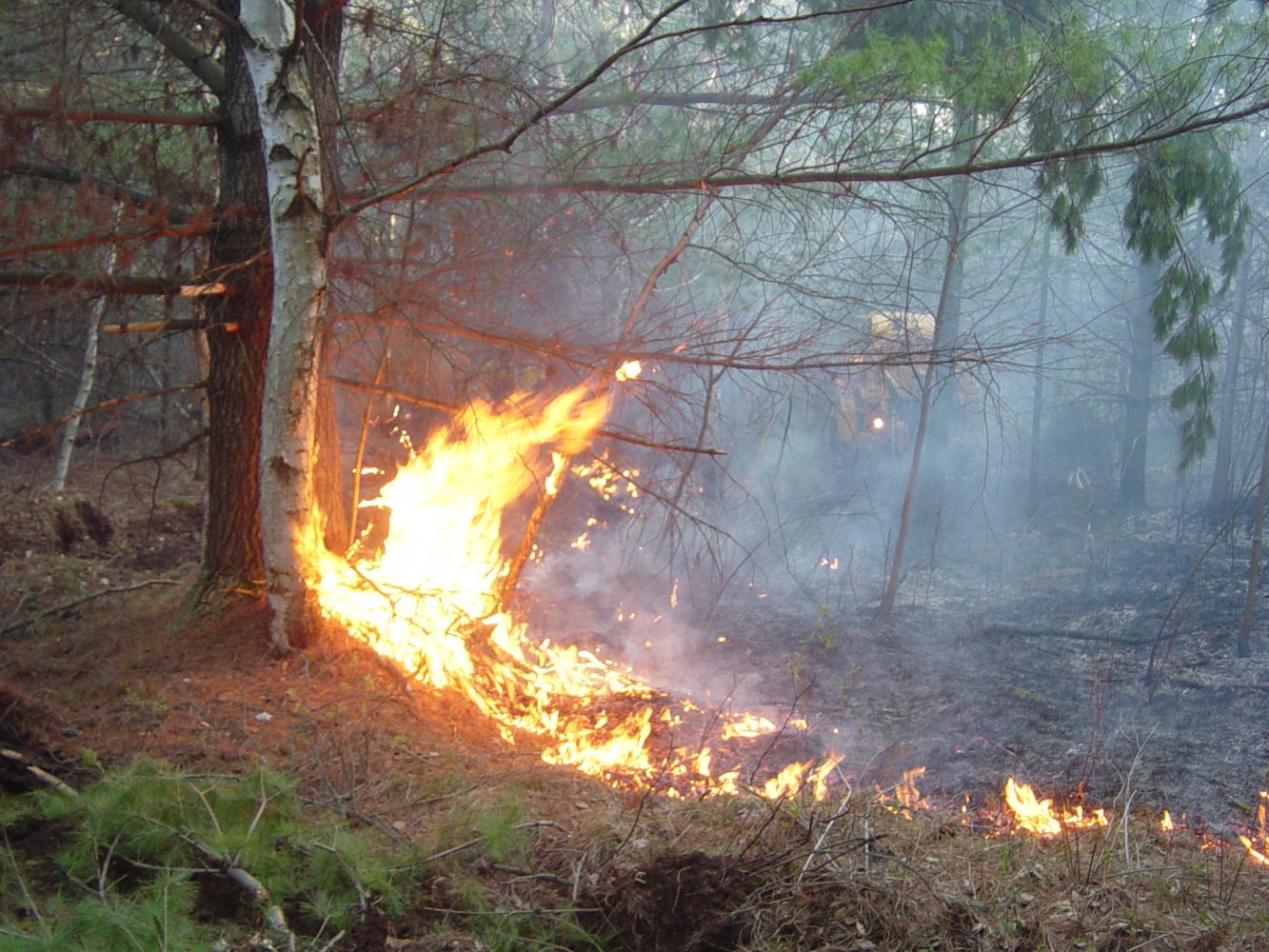County, town officials attend ‘Mining 101’ seminar in Minocqua

Local zoning recommended as best way to regulate mining
BY KEVIN BONESKE
REPORTER/PHOTOGRAPHER
About 200 county and town officials, along with others interested in mining in Wisconsin, were on hand Wednesday morning at Reuland’s Conference Center in Minocqua for the “Mining 101” seminar hosted by the Wisconsin Counties Association and the Wisconsin Towns Association.
The seminar addressed the recent passage of state legislation called the “Mining for America” bill, also known as 2017 Wisconsin Act 134 or Assembly Bill 499, which eliminates the state mining moratorium on the issuance of permits for sulfide ore mining.
That legislation passed both houses largely along party lines with the majority support coming from Republicans and Democrats voting in opposition, with the latter claiming the law would jeopardize clean water and clean air in the state. The measure was approved 53-38 in the Assembly and 19-14 in the Senate.
Counties have been given until July 1 to adopt zoning regulations related to the law before it takes effect.
One of the speakers to discuss AB 499 at the seminar, Wisconsin Legislative Council attorney Larry Konopacki, said the legislation still allows counties to restrict sulfide mining with the zoning code.
“The things that weren’t changed in this legislation include local regulatory authority, particularly in zoning,” Konopacki said. “There were no preemptions of local control or authority included in this legislation.”
In addition, Konopacki said the legislation’s authors, who included State Sen. Tom Tiffany of Hazelhurst, also favored “the idea of a social license” that “allows for there to be community and local involvement and buy-in in that idea.”
“You need more than a license from the (Wisconsin Department of Natural Resources), you need more than a license from potentially the Corps of Engineering at the federal level for wetlands, you need a social license, and that isn’t printed on a piece of paper…,” Konopacki said. “Whatever was the law regarding local ability to regulate prior to this bill is still the law after this bill.”
Of the tools local governments have available to regulate land use, Konopacki said there is nothing in Wisconsin law that preempts local zoning when it comes to a use like mining.
“If your zoning says ‘no,’ you have to change your zoning for the answer to become ‘yes,’” he said. “That’s a local decision.”
Konopacki said other types of local regulations for mining, such as a licensing ordinance or local environmental regulations, may not be able to sustain a legal challenge.
For a metallic mining operation to be allowed in Oneida County, where there is currently a metallic mining ordinance in place, county planning and zoning director Karl Jennrich said the land in areas where zoning applies would have to be zoned for manufacturing and industrial use.
In response to AB 499 being passed, Jennrich said the county’s Planning and Development Committee, along with the Forestry, Land and Recreation Committee, have a joint meeting planned for Jan. 31 at 1 p.m. in the County Board Room of the Courthouse. He noted the committees will be looking at the current metallic mining ordinance and consider whether to hire outside legal counsel to make revisions in light of the changes in state law.
The county previously formed a Mining Oversight/Local Impact Committee when Tamerlane Ventures had expressed an interest more than seven years ago in exploring and possibly mining a mineral deposit on county forestland in the town of Lynne. That committee disbanded with the company deciding not to pursue a mining operation there.
Leave a reply
You must be logged in to post a comment.





